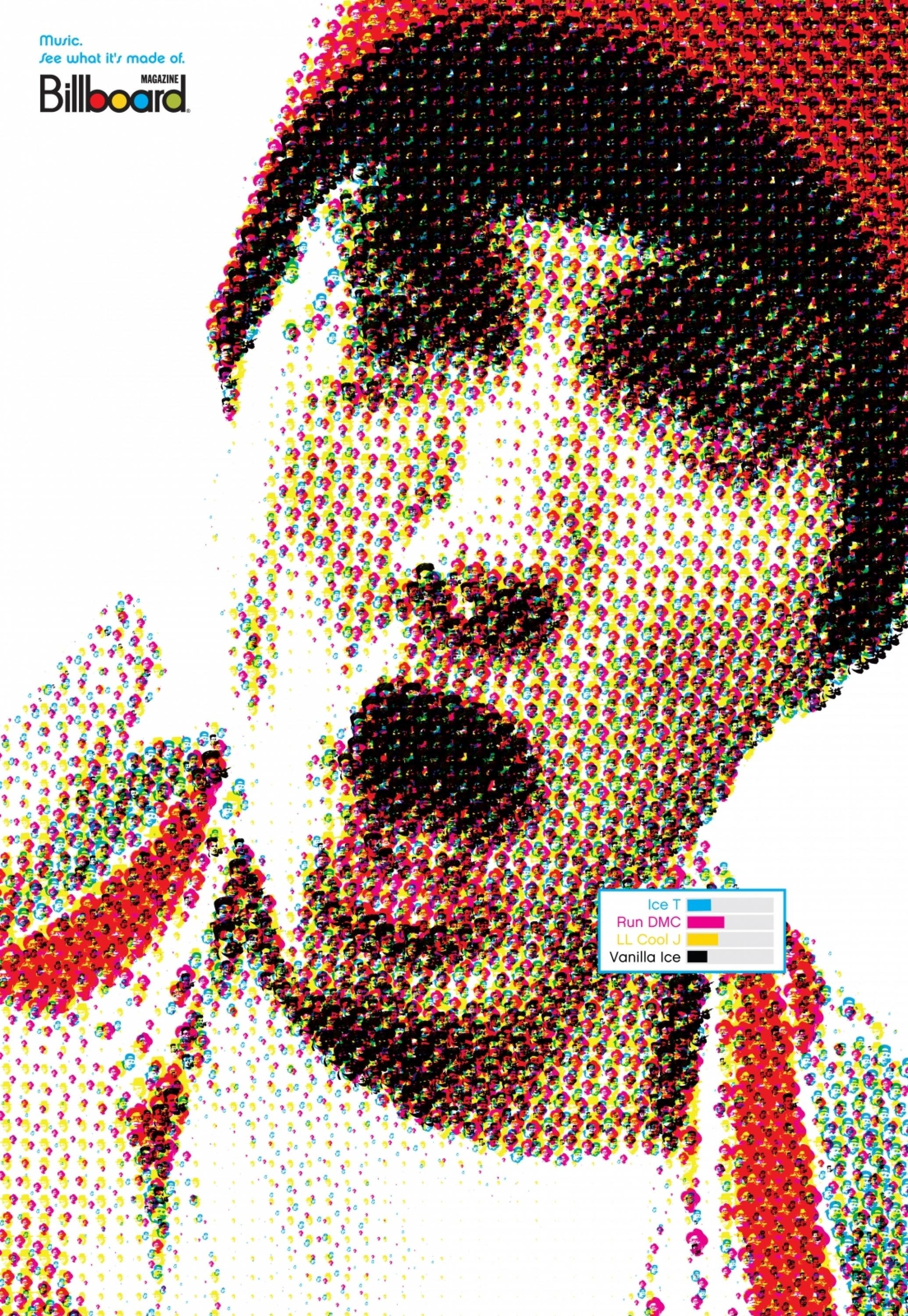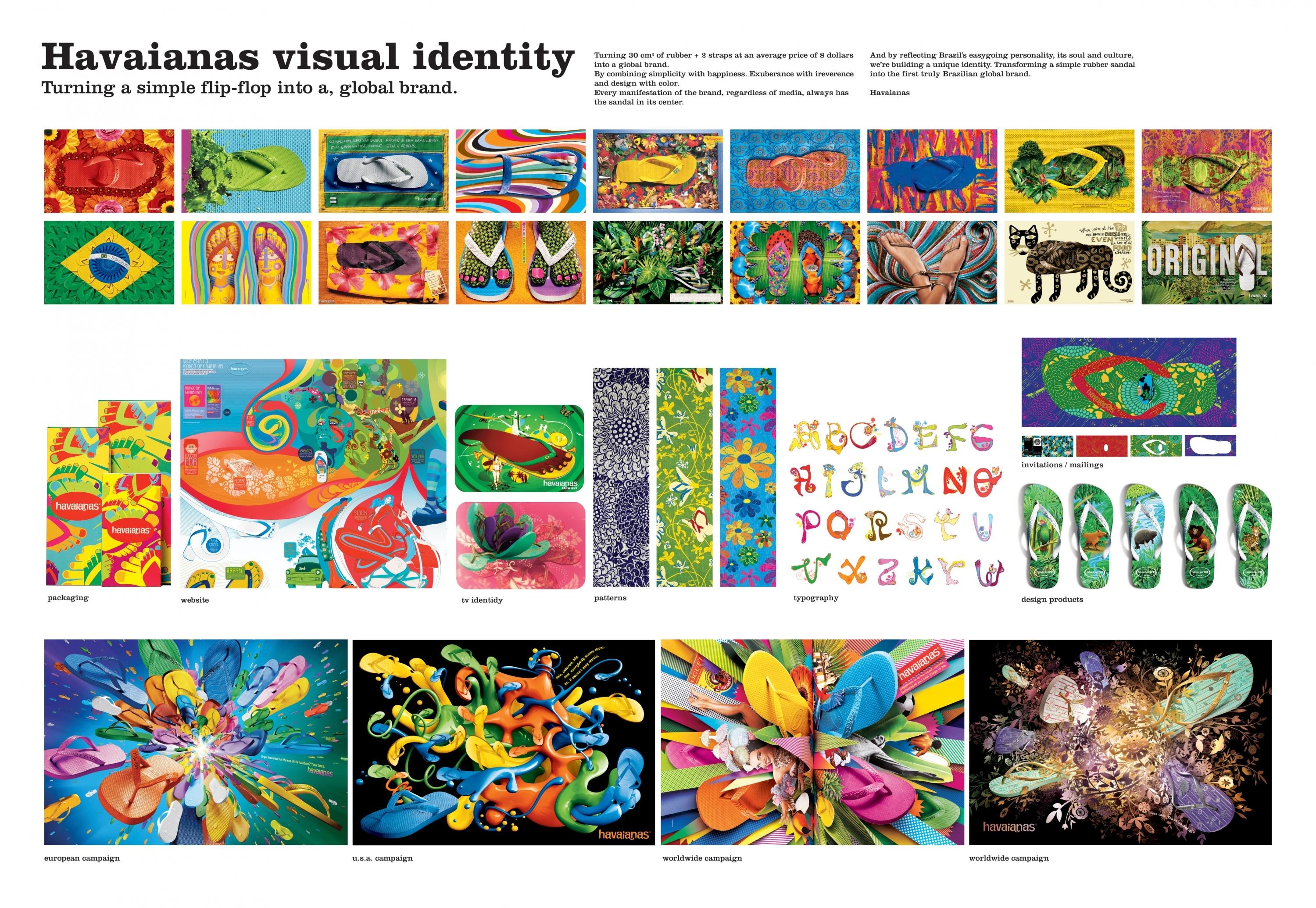Glass: The Lion For Change > Glass: The Lion for Change
5 DAYS? GIVE ME A BREAK.
ALMAPBBDO, Sao Paulo / BOTICARIO / 2024
Awards:
Bronze Cannes Lions



1 of 0 items
Overview
Credits
More Entries from Glass in Glass: The Lion For Change
24 items
More Entries from ALMAPBBDO
24 items













